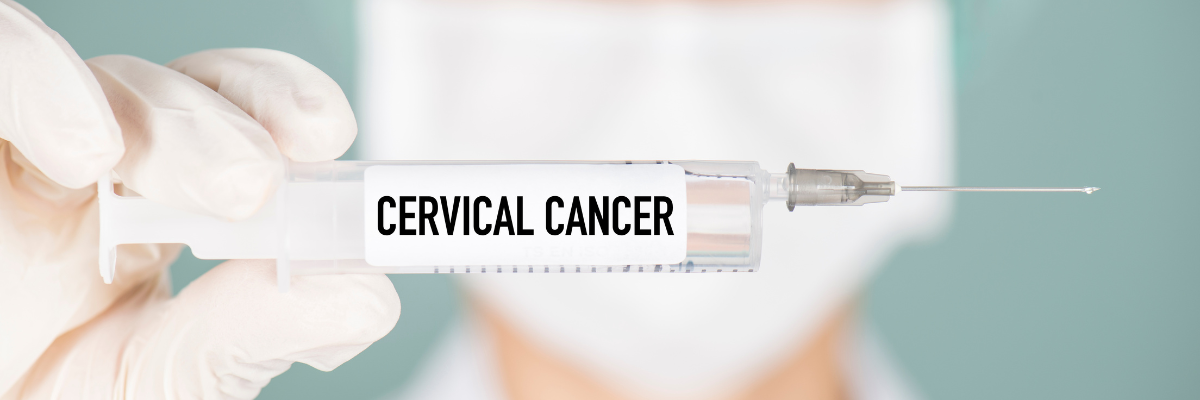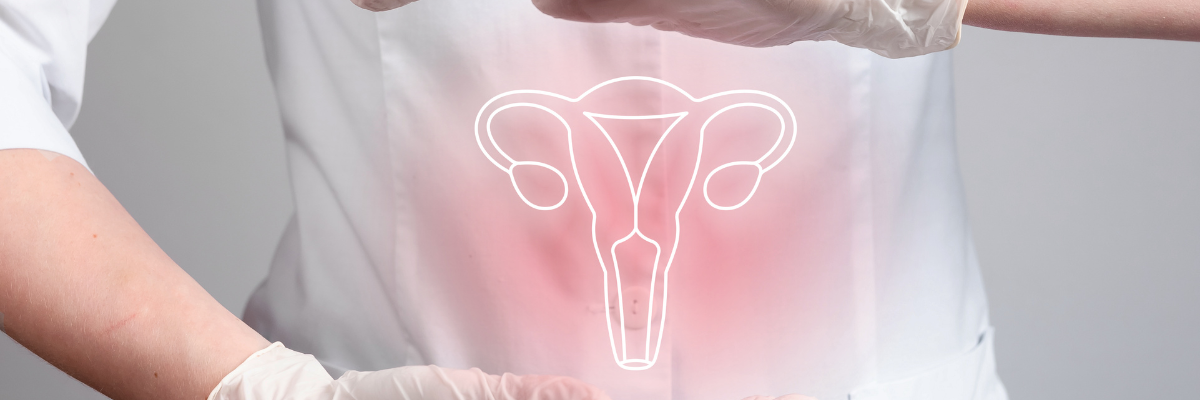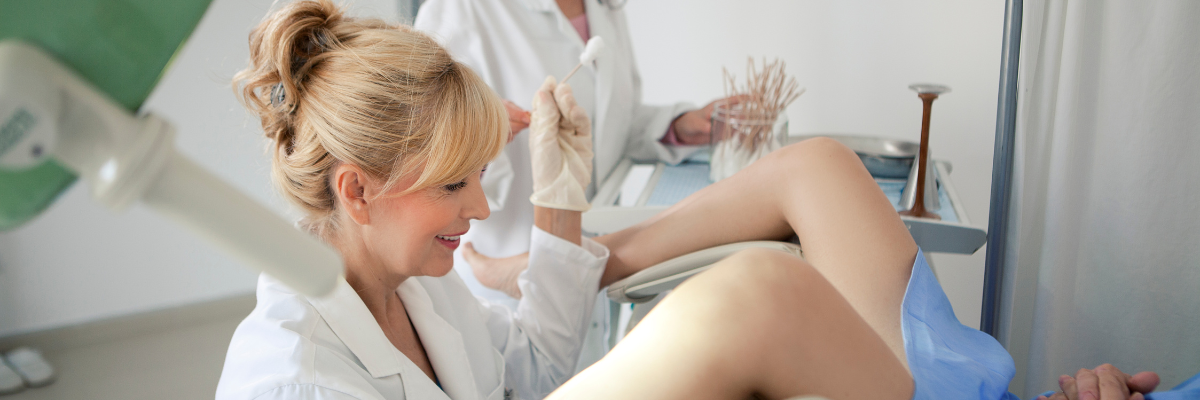Too many women are avoiding smear tests. Are you?
When did you last have a smear test? If, like many women, you’ve never had one or can’t even remember the last time you had yours, don’t put it off a minute longer. Why?
‘Cervical screening (smear tests) can reduce your chances of getting cervical cancer,’ says ZoomDoc GP, Dr Leah Austin.
To mark Cervical Cancer Prevention Week (23-29 January) and help save lives, she and other health professionals are reminding women about the importance of regular smear tests. So if yours is overdue, here are just six reasons to book yours, today.
Download the ZoomDoc App, and discuss booking a Smear Test with a GP today
1. How long do smear tests and cervical screenings take?
You’ll probably spend longer worrying about the appointment than it takes for the nurse to perform the test.
‘Nurses aim to make you feel as comfortable and relaxed as possible during your smear test. They understand the potential embarrassment that patients often feel and are able to support you. They can even have a chaperone if this makes you feel more comfortable. The smear test, itself usually takes less than 30 seconds ,’ says Dr. Austin.
2. What do cervical screens look for?
Many women are terrified that if any abnormal cells are found, that it will be too late.
‘In fact, cervical screening is looking for pre-cancerous cells – changes to the neck of the womb (cervix) that can often be treated before these cells have the chance to develop further,’ says Dr. Austin.
So your smear test is able to recognize any suspected early changes, preventing these cells from developing into cancer and spreading.
3. A cervical screen is one of the best ways to protect yourself against cervical cancer
In 2008, the NHS rolled out a life-saving HPV two-dose vaccine that is now given to teenagers at school, hugely reducing the risk of this age group developing cervical cancer by as much as 87%, according to a 2021 study.
It works by providing immunity to the human papillomavirus (HPV) – although some HPVs are harmless, certain types are linked to cervical cancer (as well as some other cancers).

Every year, over 3,000 women in the UK are diagnosed with cervical cancer, which is around 9 women diagnosed each day.
Because the vaccine only targets some types of the virus, it’s still essential that anyone who’s had the vaccine still goes for regular smear tests from the age of 25.
‘Anyone who’s sexually active should see cervical screening appointments as the best way to protect against cervical cancer,’ says Dr. Austin.
‘As mentioned above, it is an effective way to spot pre-cancerous cells, which are easier to treat than cancerous cells that may have spread as the disease progresses,’ she adds.
4. When is my next smear test or cervical screen due?
Cervical screenings take place every three years in England, between the ages of 25 and 49, and then it becomes every five years over the age of 50.

Cervical screening checks the health of your cervix.
‘Of course, if you notice any potential symptoms of cervical cancer, such as bleeding between periods, during or after sex, or after you have been through menopause – or experience any unusual vaginal discharge, you should see your GP and not wait for your next smear test’, says Dr. Austin.
5. There’s nothing to be embarrassed about
One in three UK women is missing screening appointments they’ve been invited to, according to NHS research, and the most common reason given is an embarrassment.
‘Remember the nurse is concentrating on one thing – inserting a speculum (a plastic tube-shaped device) so that she can collect cells from your cervix. Although it’s a little uncomfortable, it’s a test that can prevent you from getting cancer,’ says Dr. Austin.

If you have a nurse or doctor you trust, you may want to check with your GP surgery if they are able to do it.
To make the appointment go as smoothly as possible, experts recommend wearing a long jumper or skirt you can pull up easily.
‘It’s also advisable to time the appointment so it’s in the middle of your cycle and to avoid having sex for the 24 hours before your test, as this can affect your test results,’ says Dr. Austin.
6. How long do cervical smear results take? The results come pretty quickly
You shouldn’t have to wait too long for the results of your screening and your letter will explain whether any HPV or abnormal cells are discovered.
If the test result is negative (no HPV found) you won’t need further screening for another 3-5 years, depending on your age.
If the test result is inadequate, it simply means the results were unclear and you’ll be asked to go back in a few months.
In terms of positive results, there are two possible outcomes.
If HPV was detected but no abnormal cells, you’ll be invited back for annual screenings to monitor these cells. However, if HPV was detected as well as abnormal cells, you’ll be invited for a colposcopy, a procedure to look more closely at the cervix. A biopsy may then be done of any cells taken.

Human papillomavirus is the name of a very common group of viruses. They do not cause any problems in most people, but some types can cause genital warts or cancer.
‘Try not to panic if your letter advises further testing to be undertaken. Remember anything that’s there is most likely treatable because you’ve caught it early, thanks to screening. Cervical cancer survival is improving all the time but vaccine uptake and regular screening remains imperative,’ says Dr. Austin.
Read more about the health checks that could save your life this year.
For further support with cervical cancer diagnosis and treatment, the NHS recommends contacting Jo’s Cervical Cancer Trust.
Frequently Asked Questions
Can I get a smear test without a GP?
Yes, both walk-in centres and sexual health clinics may offer cervical screenings. Be sure to research the location you are visiting to ensure it offers the service you require.
Is NHS cervical screening free?
Cervical screenings booked through the NHS are completely free of charge, as a part of the national cervical screening programme.
What is the difference between a Pap smear and a cervical screening?
Both a pap smear and a cervical screening involve a doctor or nurse taking a cell sample of the cervix. With the pap smear, tests look out for abnormal cells. Cervical screens on the other hand test for HPV.
When should I get a cervical screening?
Routine cervical screenings should be done from the age of 25. If you are over 25 and not yet had a cervical screening, it may be worth contacting your GP to arrange one.
How reliable is the cervical screen?
Cervical screens, in general, are highly reliable, although no screening test is completely perfect and sometimes abnormal cells are not recognised. Nonetheless, maintaining a regular cervical screen will help to catch issues early for proper prevention or treatment.
Why might abnormal cells not be recognised?
Abnormal cells may not be recognised for a number of reasons, including:
- There can be very few abnormal cells
- Abnormal cells can look too similar to normal cells
- Human error



